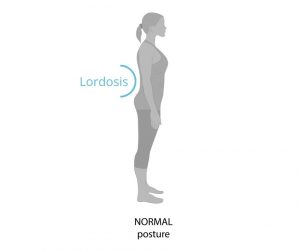
RUN CLUB BLOG: LOW BACK PAIN
Low back pain during or after running is a common problem, particularly for people who are getting into running for the first time or after an extended break. Whilst it can be frustrating when pain limits your ability to exercise, the good news is that there are some common causes for low back pain in running that can be easily addressed by a physiotherapist.
Inadequate warm-up
Pain in the first few minutes of a run that settles reasonably quickly can often be attributed to a lack of an appropriate warm up. Especially after long periods sitting still, our body takes time to redistribute blood flow to the muscles needed to run, hence some basic, gentle movements through your full range of motion can help to prepare your body to get moving.
Poor load management
The body has a great ability to adapt to load that it is frequently exposed to, however this process does take time. One of the most common causes of low back pain in runners is running further or more frequently than the body is prepared for.
A structured training program that allows for steady, sustainable increases in load, can help avoid these issues.
Lack of strength/control of postural muscles
The natural position of your lower back includes a slight arch known as a lordosis. Maintaining this position, particularly when doing high impact activities such as running, requires good control and strength in your abdominals and lower back muscles, as well as the gluteal muscles that attach to your pelvis.If these muscles are not strong enough, the natural curves of your spine can start to accentuate with fatigue, and the repetitive force in this position can lead to pain as you continue running.
As with many posture related problems, a change in position by doing some gentle stretches can provide immediate relief, and a guided exercise routine that targets strength deficits can enable your body to work in the most biomechanically advantageous position for longer.

Poor running technique
Running requires controlled and coordinated movements to allow for maximum efficiency and even distribution of load throughout the body. Many common technique errors will alter the load distribution and ask the back to do more than it’s fair share of the work which can lead to pain.
A running assessment by a skilled physiotherapist will identify any flaws and provide management strategies to correct these and get moving more efficiently.
Join Hartwell Physio Run Club HERE.
Your local Camberwell Physio.






